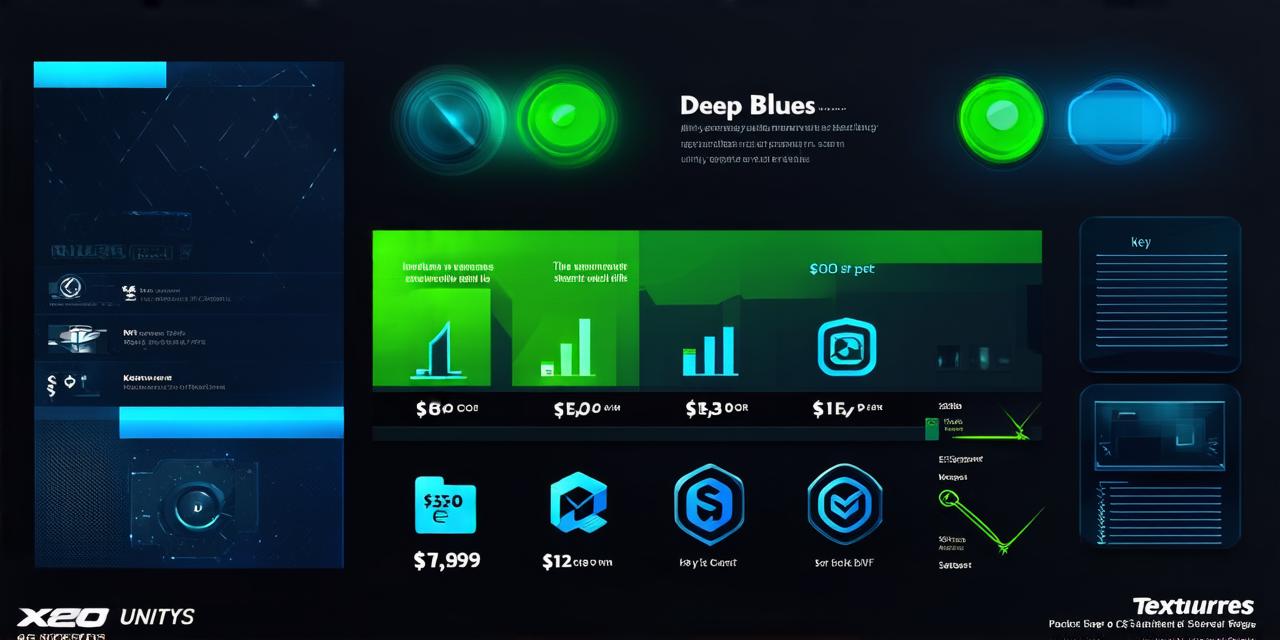Unity is a popular game engine used by developers worldwide. It allows users to create interactive 3D applications, including games and virtual reality experiences.
One of the key aspects of creating Unity projects is acquiring assets, such as textures, models, and scripts, to enhance the overall look and feel of the application.
How Are Unity Assets Priced?
There are several factors that determine the price of Unity assets. These include:
- Complexity of the asset: The more complex an asset is, the higher its price will be.
- Market demand: If there is high demand for a particular type of asset, such as a popular game design element, it may command a premium price.
- Quality of the asset: The quality of the asset, including its level of detail and realism, can affect its price. High-quality assets, such as those created by professional artists, may cost more than lower-quality assets.
- Time required to create the asset: The amount of time it takes to create an asset, particularly for complex assets, can also impact its price. Asset creators may charge more for assets that require a significant investment of their time and expertise.
Best Practices for Purchasing Unity Assets
When purchasing Unity assets, there are several best practices to keep in mind:
- Research the asset thoroughly: Before making a purchase, research the asset thoroughly to ensure it meets your needs and is of high quality. Look at examples of the asset in use and read reviews from other users.
- Check the asset’s licensing agreement: Make sure you understand the terms of the asset’s licensing agreement, including any restrictions on its use and whether it can be used commercially.
- Negotiate prices: If you are unsure about the price of an asset or believe it is overpriced, consider negotiating with the asset creator. Be respectful and professional in your communications and try to find a mutually beneficial solution.
Tips for Negotiating Asset Prices
When negotiating the price of Unity assets, keep these tips in mind:
- Be specific about what you need: Clearly communicate what you need from the asset and how it will be used in your project. This can help the asset creator understand the value of their work and may lead to a more favorable price.
- Offer a fair price: While it’s important to get the best deal possible, make sure you are offering a fair price for the asset based on its complexity, quality, and market demand.
- Be willing to compromise: Negotiations often require some give and take. Be open to compromising on price or other terms to reach an agreement that works for both parties.
In conclusion, pricing of Unity assets is determined by several factors, including complexity, market demand, quality, and time required to create the asset. When purchasing Unity assets, it’s important to research them thoroughly, check the licensing agreement, and negotiate prices if necessary. By following these best practices and tips, you can ensure that you are getting the best value for your money while supporting talented asset creators in the Unity community.
